
The hi-hats are a pair of cymbals mounted on a stand, one upside down and the other the right way up, both held in place on a central spike and connected to a foot pedal at the base of the stand. By operating the pedal, the drummer brings the hi-hats together. If you watch a jazz drummer play, you’ll see that the hi-hats spend most of the time closed, but open and shut quickly on the second and fourth beats of the bar. In just about all other modern styles the hi-hats are kept closed or half-closed and played with sticks, anchoring the drum track by beating out eighth-notes.
The role of the hats is to give life to the kick and snare pattern. Acoustic hats vary from small, thin, and bright (jazz, pop, dance) to big, thick, and dark (rock), and only really have four sounds: closed, half-closed, open and pedaled. Of course, each of these has endless tonal variations, as a browse through any good drum sample library will illustrate.
A good drummer or programmer will use accents (where certain hits are louder than the others) to bring what might otherwise be a boring hi-hat pattern to life, but as well as the volume, a skilled player, or programmer will play around with the timing.
Moving or playing the hi-hat part slightly ahead of or behind the beat will subtly change the feel of the groove, making it feel more urgent or laid back. In dance music, the kick is almost always quantised exactly to the grid, but moving other elements around can create a much groovier feel. A bit of swing will slightly delay every other beat in a pattern of 16ths, creating a ‘shuffle’ feel. The quantise functions in your DAW will have loads of variations of swing for you to experiment with.
Bu hikaye Computer Music dergisinin September 2020 sayısından alınmıştır.
Start your 7-day Magzter GOLD free trial to access thousands of curated premium stories, and 9,000+ magazines and newspapers.
Already a subscriber ? Giriş Yap
Bu hikaye Computer Music dergisinin September 2020 sayısından alınmıştır.
Start your 7-day Magzter GOLD free trial to access thousands of curated premium stories, and 9,000+ magazines and newspapers.
Already a subscriber? Giriş Yap
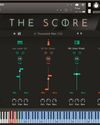
Sonuscore The Score $399 PC MAC
The Score comes up with a film soundtrack based on your stylistic choices, but that’s just the start of it. Andy Jones scores The Score
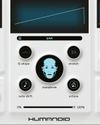
Baby Audio Humanoid $129 PC MAC
Humanoid brings the ‘extreme’ and ‘radical’ to the world of vocals, but is also one of the easiest plugins to use and abuse, says Andy Jones
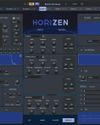
The Synth Factory Horizen $129 PC MAC
A synth/sampler that packs in a lot of power at an almost silly price - despite its low profile, Andy Jones gazes at Horizen...
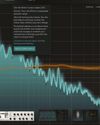
Flow Mastering Suite $15/month PC MAC
Mastering your music just got as easy or as complex as you want. But, Andy Jones asks, is it worth yet another monthly subscription?
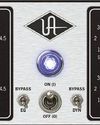
Universal Audio LA-6176 $299 PC MAC
UA has bundled three of its classic emulations into one channel strip. Is this analogue dream your ideal plugin team? Andy Jones finds out
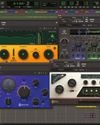
Rack'em up...
IK Multimedia has announced a comprehensive update to its mixing and mastering software, T-RackS, that brings some smart mastering additions
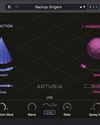
FX Collection 5 €499
Arturia's huge bundle of effects gets its regular update and it's still easily as essential as the company's V Collection
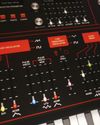
Make a pulsing bass with GForce Axxess
Get mechanical, with a garage-inspired bass patch, which gets right to the pulsing heart of the Axxess synthesiser
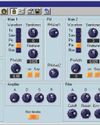
The software that shaped us
Computer Music has had a 25-year history, and over the life of this magazine, the technology behind music production has changed beyond recognition. Here are the products that set the stage for the modern world…
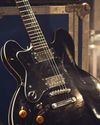
PERFECT VIRTUAL GUITAR!
Need a great guitar sound, but lacking any guitar-playing contacts, or the skills to play it yourself? Have no fear, your computer is here! With a few pointers, buying advice and hands-on tips, you and your PC or Mac can emulate the greatest guitarists in the world…